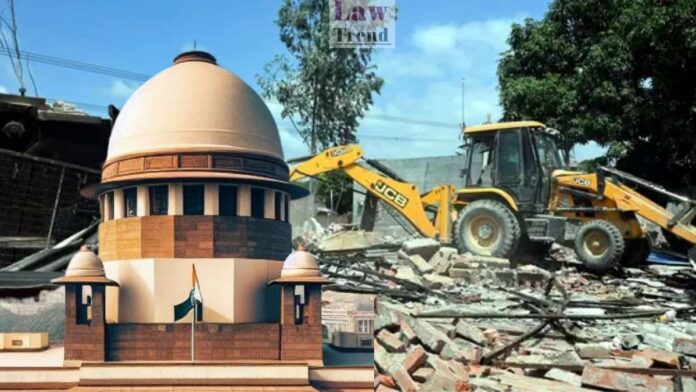The Supreme Court of India has issued stringent guidelines concerning the use of bulldozer actions on properties, categorically stating that the homes of accused or convicts cannot be demolished under any circumstances. The Court emphasized that arbitrary actions by state authorities will not be tolerated and that no one can be declared guilty without a
To Read More Please Subscribe to VIP Membership for Unlimited Access to All the Articles, Download Available Copies of Judgments/Order, Acess to Central/State Bare Acts, Advertisement Free Content, Access to More than 4000 Legal Drafts( Readymade Editable Formats of Suits, Petitions, Writs, Legal Notices, Divorce Petitions, 138 Notices, Bail Applications etc.) in Hindi and English.




